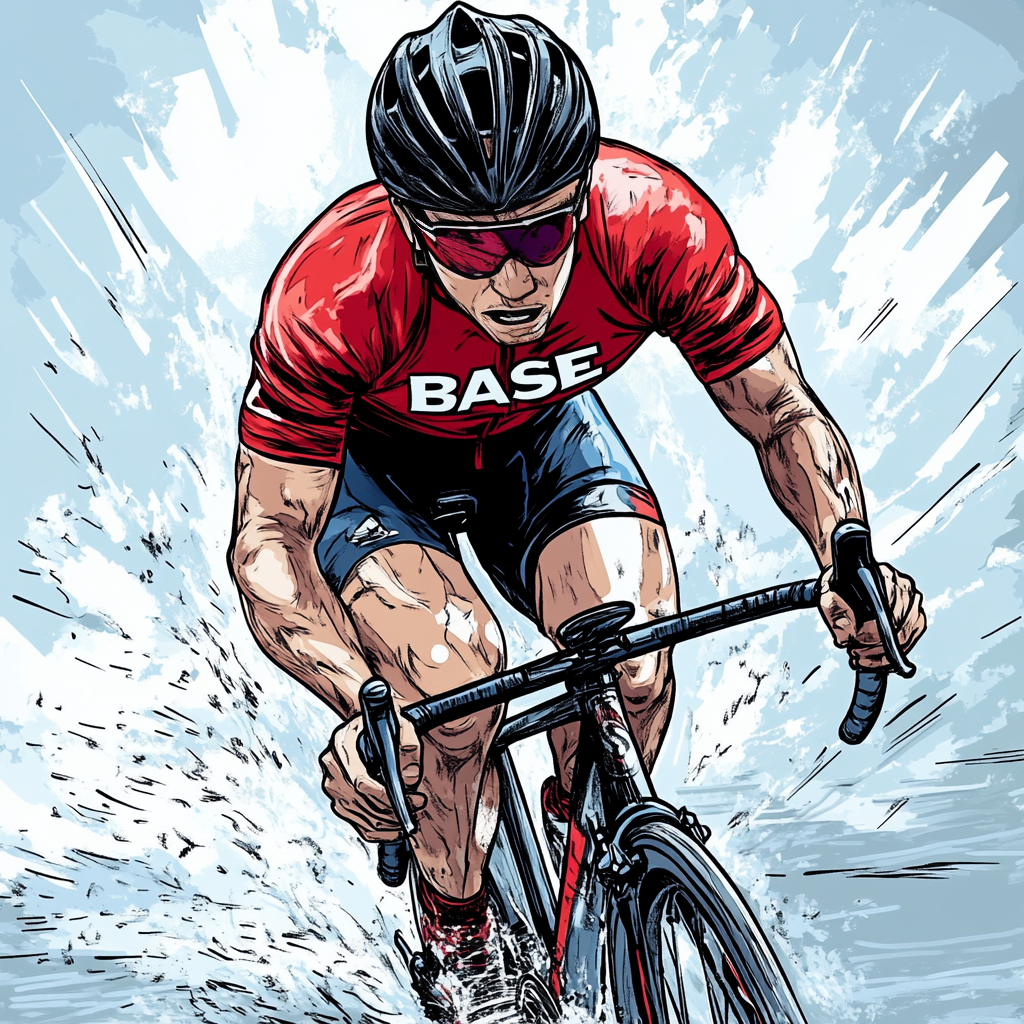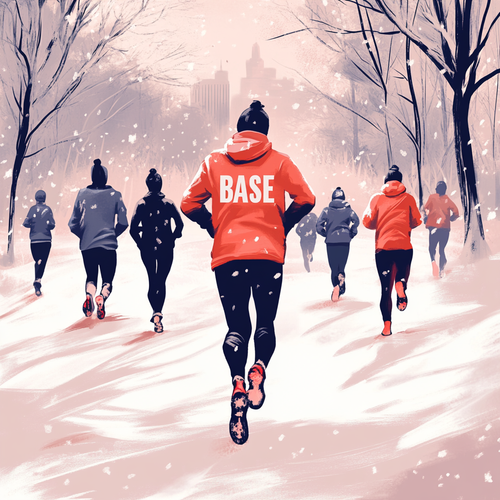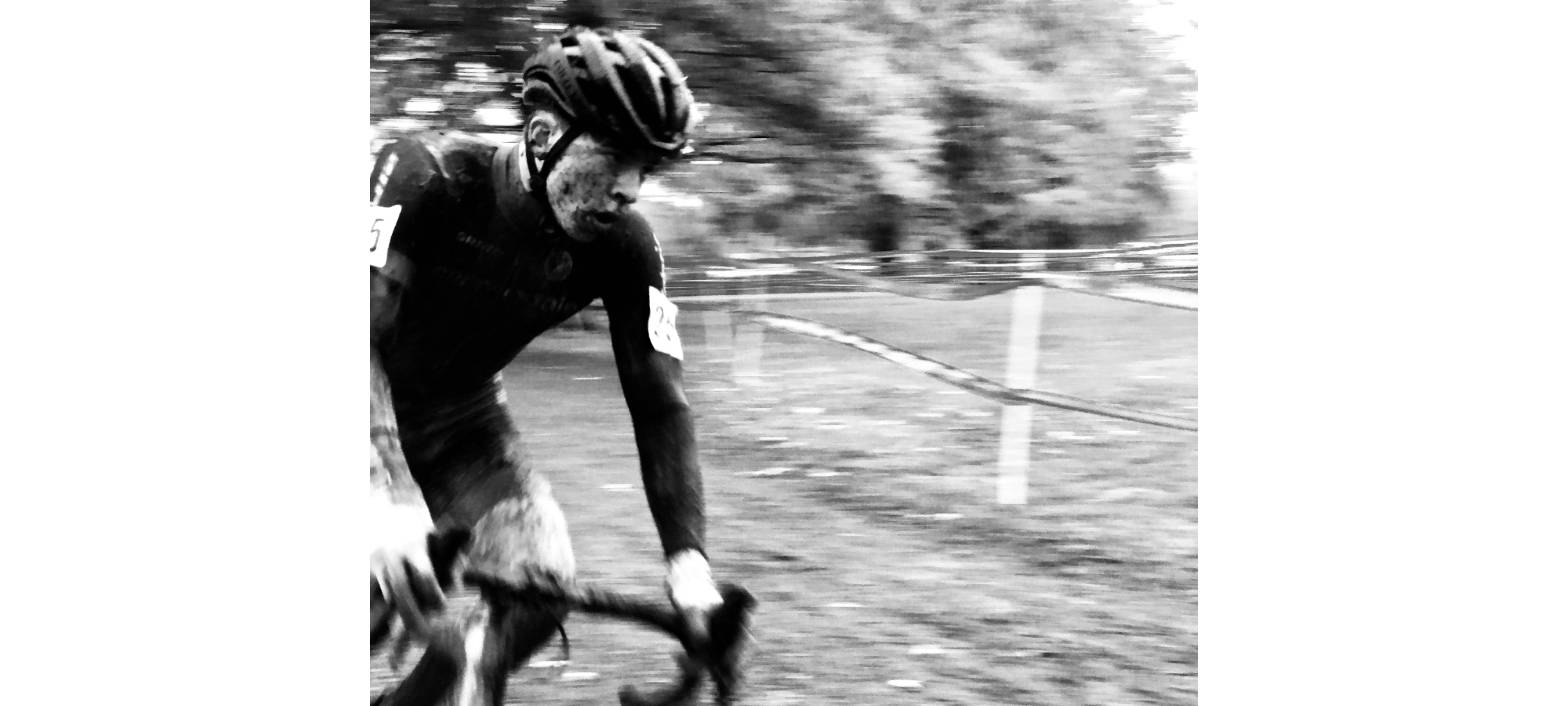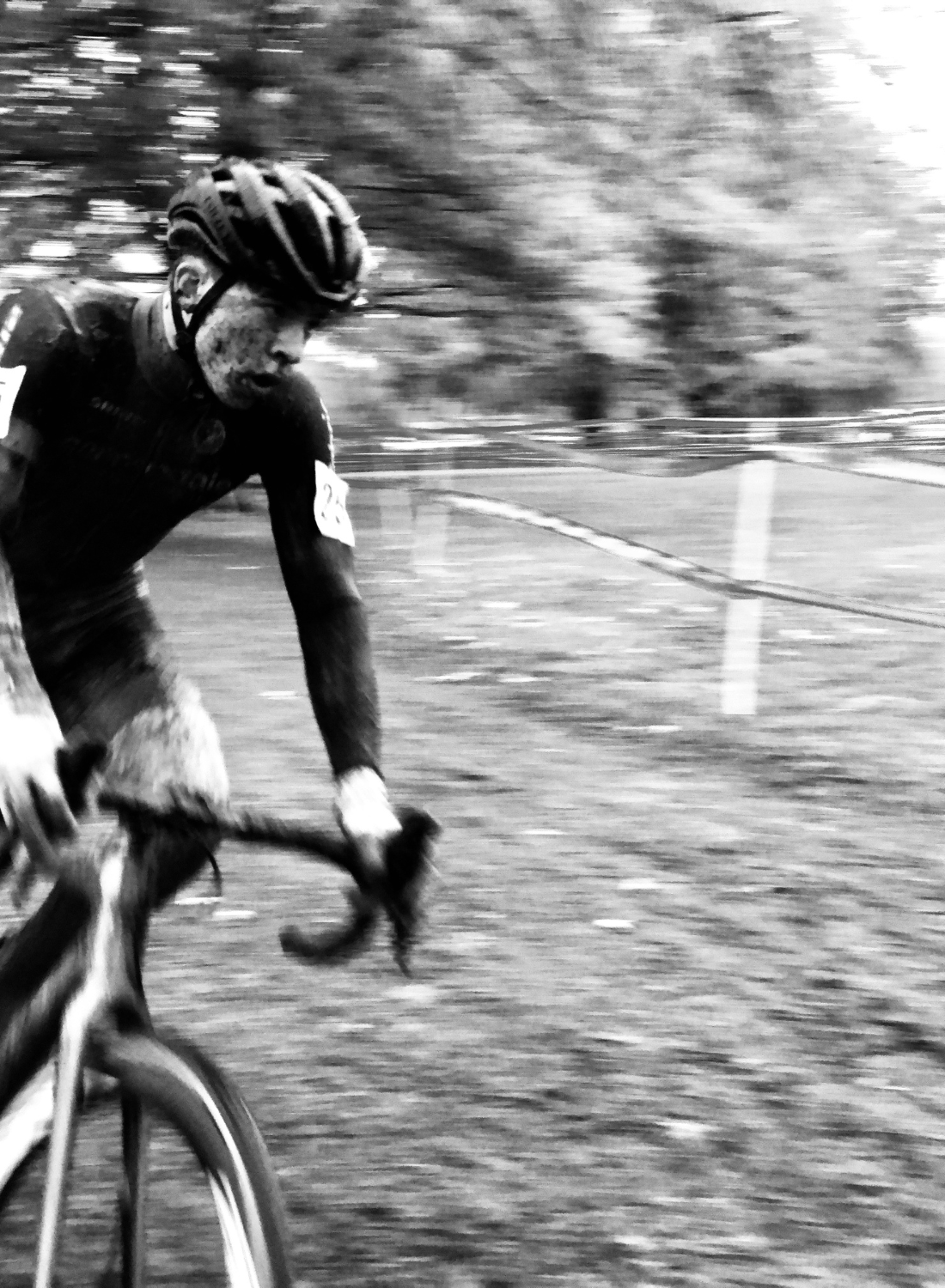Things I've Done Wrong While Traveling - By Adam Feigh

Awhile back I planned on doing a series of posts all related to things that I’ve done wrong as it pertains to training and racing. I spawned this idea about 3 years ago, which also happens to be right when Charleigh (my adorable daughter) was born. So you can probably see how I may have gotten a bit distracted from the subject.
Nevertheless, I am back with even more screw ups in the past few years giving me nearly endless topics to delve into. I hope that others will be able to take away lessons from my experiences, but at the very least enjoy a good story and a laugh!

One thing that has seemed to continuously be a thorn in my side is travel. Despite spending about 2 years as a TRAVEL nurse, I still haven’t seemed to be able to make things always “click” when it comes to getting to a race fresh and worry free. Sometimes the troubles come before the race. Other times it’s finding issues upon arrival. If I’m lucky it only happens after the race. If I’m unlucky then it’s all of the above. For a true example of all of these happening in one trip, then take a trip down memory lane with me for IRONMAN Ireland.
Short version of Ireland- international flights delayed a day, traveling with an infant is HARD, changing tickets and airports mid-travel, TSA spilling electrolyte mix in our bag, not functioning shifting upon arrival, no time to preview course, and learning to drive a manual on the fly. I can’t be certain how much of any effect this had on this race at the end of the day, but I would doubt it was positive! Though I did meet a ton of my now BASE teammates for the first time while there, so at least a good time was had!
So rather than continually butt my head against this problem, I should probably start asking what keeps causing these issues? Like most things, I believe I can put my finger on a few reasons and how I intend to address them down the road. Especially when looking to the future with the possibility of travel to races eventually returning.

#1- Work
Most of the time when there was some sort of travel issue, it was either caused or amplified by the fact that I was arriving to a race without any extra wiggle room. This largely has been due to prior work constraints. When I was working as a travel nurse, I was a contracted employee without many of the benefits that a typical staff member would get. Including paid time off. So every time I wanted to go to a race it meant my paycheck would take a significant hit depending on how many days I would take off. Many people likely feel this same squeeze even if they do have paid time off, as it’s engrained in our culture that taking time off is some sort of sign of laziness. Especially for many triathletes I know! For me personally, unless I was nearly guaranteed to make prize money, it was hard to take any extra days off being the sole income earner at that time. This led to many very quick trips for races, including returning to work the day after placing 4th at IRONMAN Wisconsin in 2019.
Fortunately, this issue has been mostly resolved for me at this time. I am now no longer working as a travel nurse and only maintain part-time hours at the hospital. Allowing me to both accrue paid time off and have a somewhat flexible schedule.

#2- I’m Cheap
Another reason I have run into issues with travel is that I’m cheap. For better or worse, I’m always looking for the best deals on things. Sometimes it works out. Other times I end up at a garage from out of a Fast and Furious movie signing my life away for a rental car. This is honestly one that I’ll likely continue to have to balance, as I won’t be flying First Class anytime soon. And occasionally my gambles end up with me saving a buck and driving a fancy Mustang around Chattanooga. But typically if you want to have a better and more stress-free time when traveling to a race, you may just want to “Treat Yo’ Self”.
#3- Family
It’s a cheap shot to blame family for things, but I think I’m being fair when saying that traveling with an infant/toddler is hard! While traveling with family and friends is typically more enjoyable, it is also inherently more difficult to organize a group of people while traveling versus just one. It is akin to joining a group ride. Everything is great and everybody is having a blast, until one person gets a flat. Which causes the whole group to stop to check if the person who flatted is okay and needs any help. While this isn’t always necessarily bad, I typically am able to travel much quicker and more efficiently on my own. Though I have certainly been bailed out of bad situations multiple times by my BASE family. I believe the best middle ground is being able to travel together while separating out race logistics where possible. Allowing me to focus on what I need to do to be race ready, while Rebekah and Charleigh are able to treat it as a vacation. This works especially well when more family is present and able to help with childcare!

#4- Experience
Lastly, some things you just learn as you go. Just so you can fully learn from everything that has come up in my past as either a problem or a close call, here is a list of suggestions. Feel free to crack open a beer or start some popcorn here.

- Placing a Tile tracker in your bike bag so you know if it actually made it on the flight.
- Making everything fool proof for TSA when they inevitably rummage through your bag/bike case.
- Having a system for packing/building your bike that prevents anything from getting lost and knowing where/how to get replacements.
- Check the reviews of your AirBnB/hotel thoroughly.
- Bringing extra clothes in case it’s unseasonably warm.
- Bringing extra clothes in case it’s unseasonably cold.
- Arrive at every flight way earlier than you think you could possibly be necessary.
- 12 hour overnight flights with an infant, don’t do it.
- Having your passport/id recent and without any damage that may cause issues crossing a border.
- Parking in the airport garage instead of the lot when there are winter storm warnings.
- Make sure your electrolyte container contains what is on the label, not dry beans.
- Checking your di2 battery level upon arrival, and bringing a charger just in case.
- Booking places with air conditioning for summer races, despite how far north they are.
- Having a vehicle with good heat/ac for long drives.
- Checking for any leaks in your hotel room that you could slip on the morning of the race.
- Leaving extra room in your luggage for all the awards you’ll inevitably travel home with!

Now that I’ve taken away any reason you should ever come to me for travel advice, best of luck on any future races as they begin to pop back up! I’ll be hard at work trying to be more boring and not adding to this list any further.

























Leave a comment